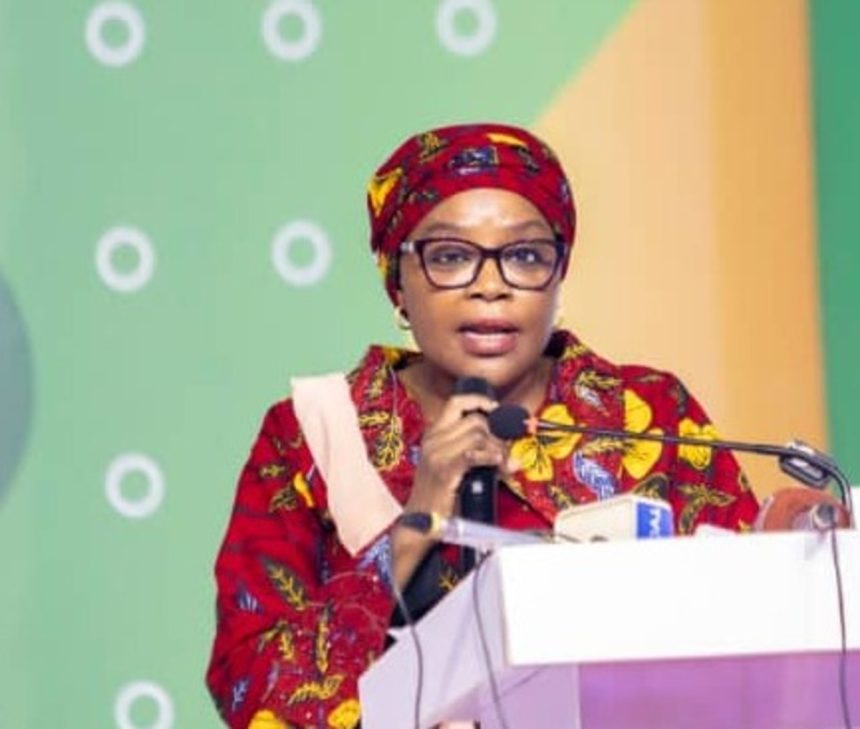Executive Secretary of the Universal Basic Education Commission, Aisha Garba, has declared that by 2030, the commission would have drastically reduced the number of out-of-school children in Nigeria, in line with the Renewed Hope Agenda of President Bola Tinubu.
The UBEC boss also disclosed that the commission was ready to execute the president’s vision which also includes strengthening teacher training, improving infrastructure and community engagement.
“My boldest commitment is to the president’s vision, that by 2030, we will drastically reduce the number of out-of-school children, and every Nigerian child, regardless of gender, location, or economic background, will have access to quality basic education in safe, inclusive, and stimulating learning environments,” she said.
She explained that UBEC’s vision would also ensure all children are supported to complete their education successfully.
When asked how confident she was about achieving the vision, the noted, “I am confident in our strategies, but I also recognise that education transformation requires sustained effort and collaboration.
“However, achieving the 2030 vision will require continued political will, consistent funding, and active engagement from all stakeholders, including communities, teachers, and state governments. By maintaining and scaling these efforts, I am confident we can reach our targets and ensure quality education for every child.”
She also explained that the commission is actively engaging religious institutions, state governments and local communities to ensure that barriers are eliminated for parents who still resist formal education due to cultural and economic reasons.
She stated that though female children are the most hit by these cultural norms, the commission believes their engagement with concerned stakeholders will improve the situation.
She stated, “Unfortunately, females are hardest hit by culturally moulded notions that they are future wives and mothers, with their roles in the household valued more than formal education. We see practices of early marriages and views that girls will eventually leave and belong to their husband’s family. In this case, the boy’s education is often prioritised.”
READ MORE FROM: NIGERIAN TRIBUNE
WATCH TOP VIDEOS FROM NIGERIAN TRIBUNE TV
- Let’s Talk About SELF-AWARENESS
- Is Your Confidence Mistaken for Pride? Let’s talk about it
- Is Etiquette About Perfection…Or Just Not Being Rude?
- Top Psychologist Reveal 3 Signs You’re Struggling With Imposter Syndrome
- Do You Pick Up Work-Related Calls at Midnight or Never? Let’s Talk About Boundaries






